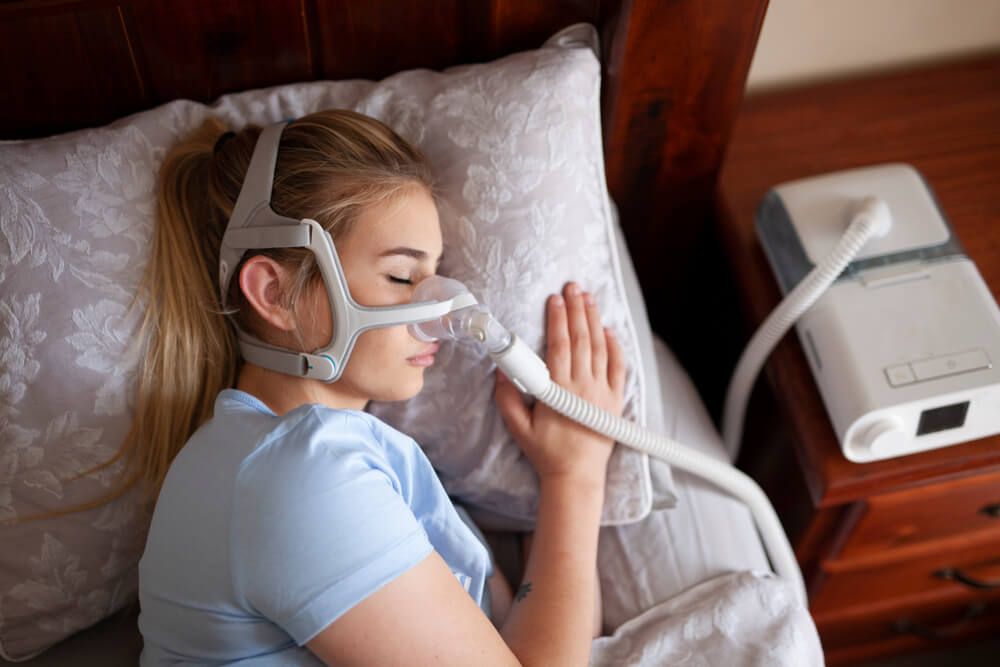Sleep Apnea A Silent Nighttime Thief
Sleep apnea is a sleep disorder characterized by pauses in breathing during sleep. These pauses, called apneas, can last from a few seconds to minutes and can occur repeatedly throughout the night.
Types of Sleep Apnea
- Obstructive Sleep Apnea (OSA): The most common type, caused by a blockage of the airway during sleep.
- Central Sleep Apnea: The brain fails to send signals to the muscles that control breathing.
- Complex Sleep Apnea Syndrome: A combination of obstructive and central sleep1 apnea.
Symptoms of Sleep Apnea
- Loud snoring: A common sign of sleep apnea.
- Restless sleep: Frequent awakenings during the night.
- Daytime sleepiness: Excessive daytime sleepiness, even after a full night’s sleep.
- Morning headaches: Waking up with headaches.
- Difficulty concentrating: Poor focus and memory.
- Irritability
- High blood pressure
- Heart problems
Risk Factors for Sleep Apnea
- Obesity: Excess weight, especially around the neck, can narrow the airway.
- Family history of sleep apnea
- Aging
- Hormonal changes
- Large tonsils or adenoids
Diagnosis and Treatment
- Sleep Study: A sleep study, or polysomnography, is the gold standard for diagnosing sleep apnea.
- Continuous Positive Airway Pressure (CPAP): A common treatment for sleep apnea, involving a mask that delivers pressurized air to keep the airway open.
- Oral Appliance Therapy: A dental device that can help keep the airway open.
- Surgery: In severe cases, surgery may be necessary to widen the airway.
If you suspect you may have sleep apnea, it’s important to consult with a healthcare provider for proper diagnosis and treatment. Untreated sleep apnea can lead to serious health problems, including heart disease, stroke, and diabetes.

